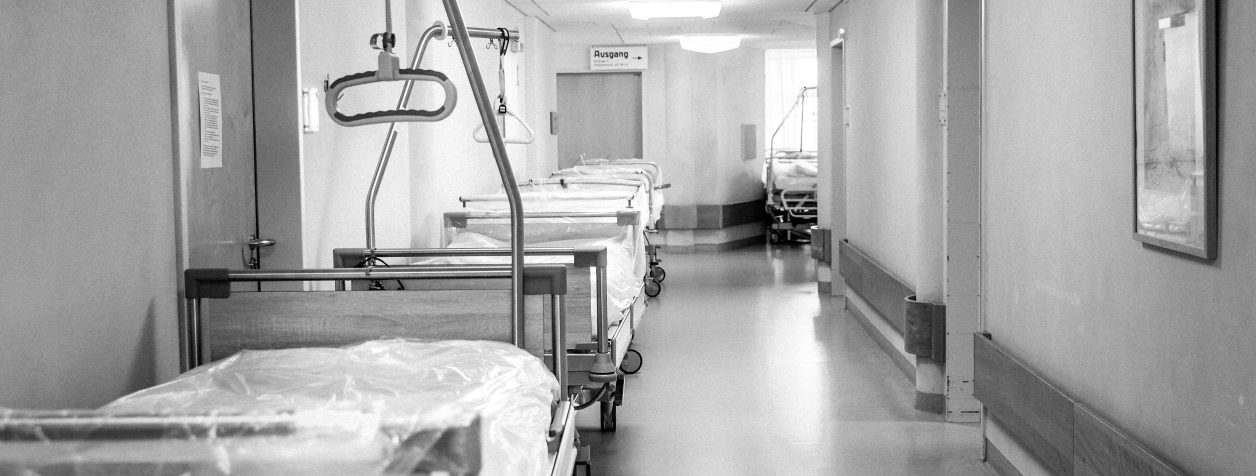Statement from Caritas Social Action Network on the Assisted Dying Bill
Caritas Social Action Network (CSAN) firmly opposes the Assisted Dying Bill currently before Parliament, which threatens the fundamental principle of human dignity and undermines society’s duty to care for its most vulnerable members. The Bill represents a significant shift in the understanding of life and suffering, risking serious ethical and social consequences.
Cardinal Vincent Nichols has addressed the issue directly, stating, “Every human being is made in the image and likeness of God. That is the source of our dignity, and it is unique to the human person. The suffering of a human being is not meaningless. It does not destroy that dignity.”[1] Rather than resorting to assisted dying, we call on the Government to put their resources into expanding palliative care options to manage pain and suffering in a compassionate, holistic manner. Advances in palliative medicine provide effective ways to support individuals in their final stages of life, ensuring they are not abandoned to face their suffering alone.
The experiences of other countries where assisted dying has been legalised show the dangers of a “slippery slope.” In Canada, for example, assisted dying now accounts for 4.6% of deaths[2], with expanding eligibility criteria to include people with disabilities or mental health conditions. This raises serious ethical concerns about sending the message that some lives are less valuable than others. If legalised in the UK, there is a risk that similar pressures will emerge to broaden the law’s scope over time, putting the protection of vulnerable groups at high risk.
Additionally, the Bill creates an environment where people nearing the end of life may feel pressured to choose death rather than be seen as a burden on their loved ones or society. This subtle, but dangerous, pressure could come from family, caregivers, or even the individuals themselves, who may see ending their life as a way to alleviate the perceived burden of care. Cardinal Nichols has spoken about “the profound fear at the prospect of prolonged suffering,” but this fear should motivate us to improve our end-of-life care rather than normalise assisted dying as an option. This moment in someone’s life, is one in which we are called as Catholics to accompany with grace and compassion, assisted dying however only speaks a language of burden and pressure.
We call on all Catholics to contact their MP ahead of the second reading on Friday 29 November 2024 urging them to vote against the Bill. We also encourage the Catholic community to join the Catholic Bishops’ Conference Campaign, available here: https://www.cbcew.org.uk/opposing-assisted-suicide/.
[1] https://www.cbcew.org.uk/cardinal-calls-on-catholics-to-take-action-to-oppose-assisted-suicide/
[2] https://www.spuc.org.uk/Article/385691/15000-assisted-suicides-in-Canada-in-2023-is-frightening-vision-of-UKs-future-warns-SPUC






